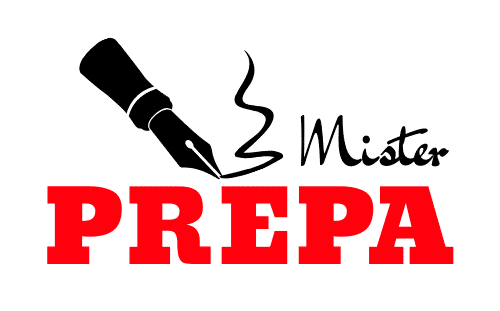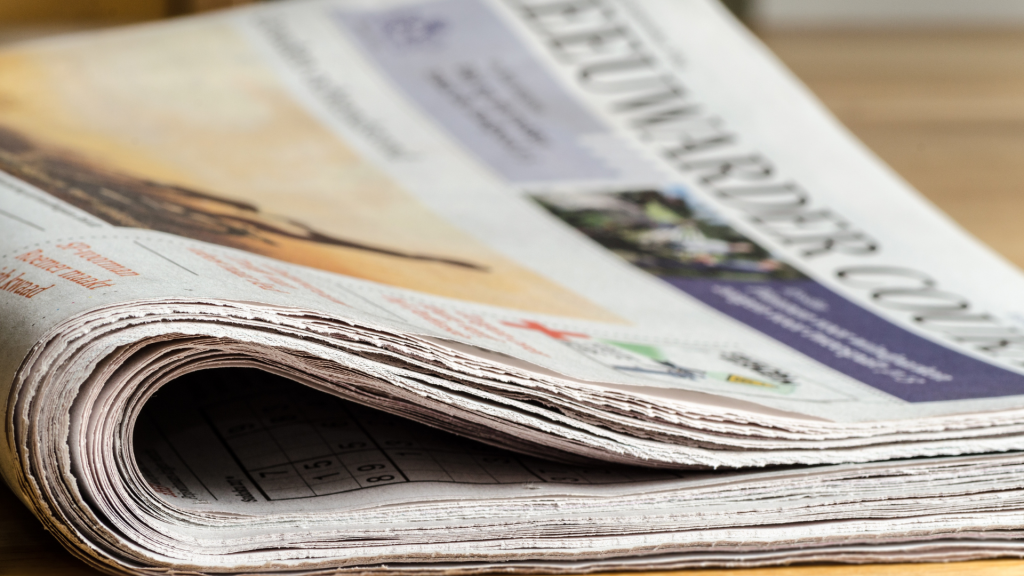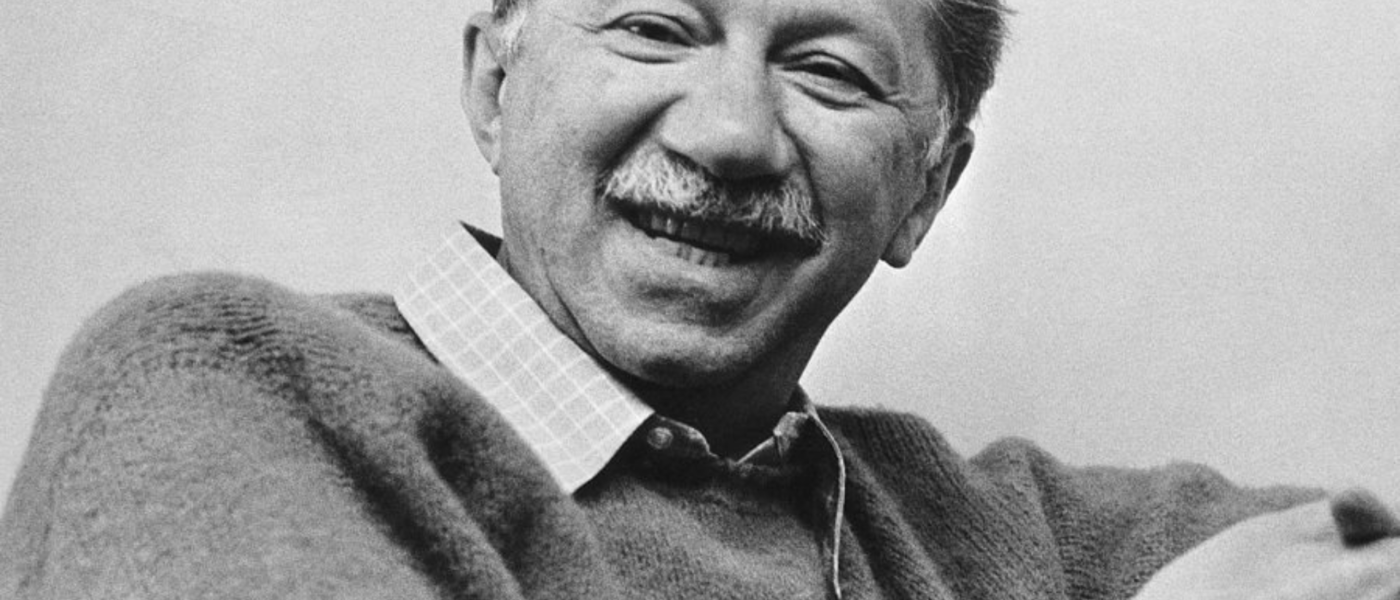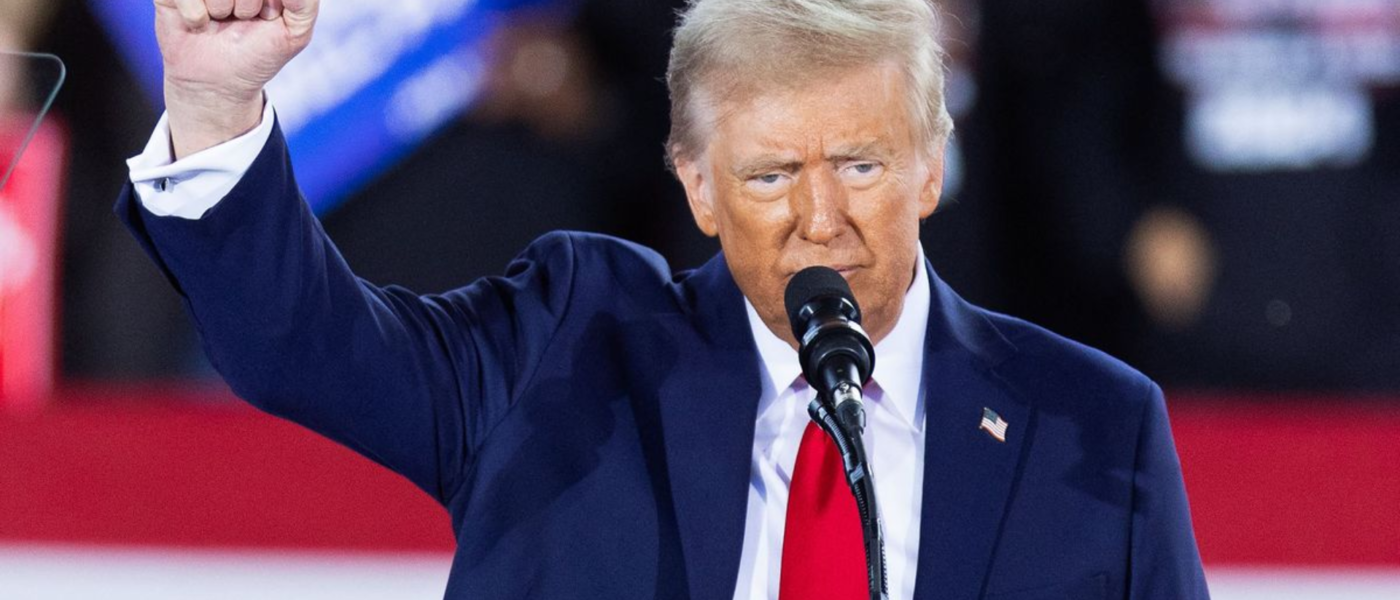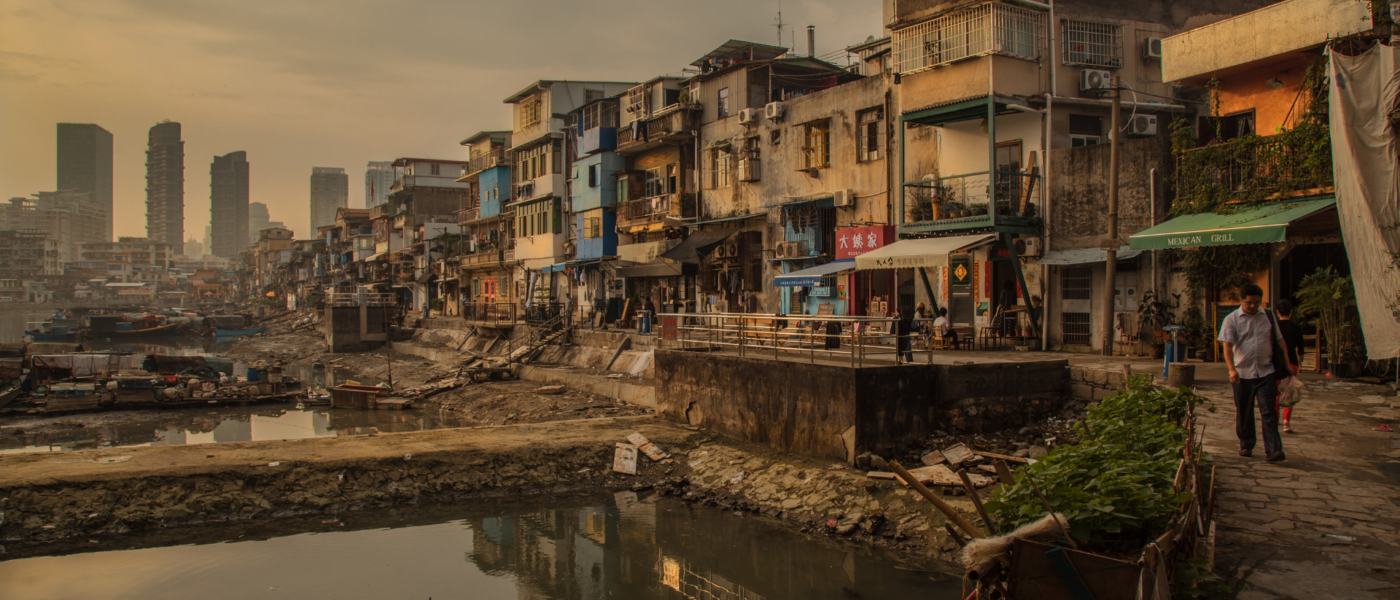Les médias et l’information sont des instances essentielles au bon fonctionnement de nos société. Ils sont donc au centre de multiples sujets de civilisation et lancent de nombreux débats. Il sera toujours intéressants d’aborder l’objectivité des propos ou les enjeux de censure et concentration médiatique dans une troisième partie pour apporter de la nuance à sa khôlle ou son écrit.
L'importance et les enjeux autour de la liberté de la presse
- Freedom of the press is of fundamental importance in the United States. It is protected by the First Amendment of the U.S. Constitution, which guarantees freedom of speech, including freedom of the press. This freedom allows the media to independently inform the public, monitor the government and expose abuses of power.
- Democracy and Government Accountability: Freedom of the press plays an essential role in the functioning of democracy by providing citizens
with access to free and diverse information. The media serve as a “fourth estate” by monitoring government actions, investigating public affairs, and holding politicians and public institutions accountable for their actions. For example elections, scandals, judicial cases. Pluralism and diversity of opinion: Freedom of the press ensures that different voices and perspectives can be expressed freely. It promotes diversity of opinion and allows citizens to access a range of information and viewpoints, enabling them to form their own informed opinions.
Checks on abuse of power: The media plays a key role in exposing wrongdoing, corruption, human rights violations, and other forms of injustice. One example is the Watergate affair. In the 1970s, Washington Post conducted an extensive investigation into illegal U.S. government activities related to the Democratic
National Committee (DNC). They discovered that members of President Richard Nixon’s administration were involved in illegal surveillance, burglary and political sabotage.The investigation played a key role in Richard Nixon’s resignation in 1974However, it is important to note that freedom of the press is not absolute and may be subject to reasonable limits in certain cases, such as the protection of national security or the preservation of privacy. These limits are the subject of ongoing debate and must be balanced with the public’s right to free and full information.
Lire plus: Cancel culture: la liberté d’expression est-elle en danger?
Les problèmes rencontré dans les médias US
- Censorship: AOL Time Warner and CNN (2003): In 2003, there were allegations that AOL Time Warner, CNN’s parent company, pressured CNN journalists to moderate their coverage of Iraq and avoid overly critical coverage of the Bush administration.
- Bias and polarization: Some critics argue that specific media outlets, such as Fox News or MSNBC, have a strong political bias, which may influence their coverage and reporting of events. Differences in political views between conservative and liberal media outlets fuel the debate about media bias and polarization.
- Media Concentration: One of the most cited examples of media concentration is the merger of large media companies. For example, in 2018, AT&T’s acquisition of Time Warner raised concerns about the consolidation of media power. Some fear that this concentration will limit diversity of voices and journalistic independence.
- Privacy and confidentiality: Concerns about privacy and confidentiality have been highlighted by scandals involving tech giants such as Facebook and Cambridge Analytica. These cases have revealed how personal data can be used for political or advertising targeting, sparking debates about regulation and media accountability for privacy.
- Onscreen Representation of the minorities: According to the USC Annenberg Inclusion Initiative (2020) study, of the 1,300 films analyzed between 2007 and 2019, only 19.8% of lead characters were racial or ethnic minorities. The study also found that minority female characters were even less represented, with only 7.2% of lead roles going to these women.
- Stereotypical Roles of the minorities: The National Hispanic Media Coalition Association conducted a study in 2018 on the representation of Latinos in the media. The study found that 54% of Latino roles on television were stereotypical characters, often associated with manual labor or criminal jobs.
Lire plus: Le Fléau des fake news dans la société contemporaine
L'influence de l'argent dans les médias
Money has significant influence in the media in the United States. Media ownership by large corporations and media moguls can influence editorial and programming decisions. Advertising revenue plays a crucial role in funding the media, which can lead to dependence on advertisers and influence content. Political spending on advertising can also shape media coverage. Powerful economic and political interests can exert pressure and influence on the media, and budget constraints can affect the quality and diversity of media coverage. Despite this, many journalists and media outlets strive to maintain their independence and integrity in the face of these influences.
